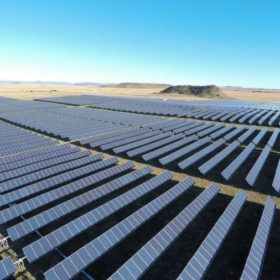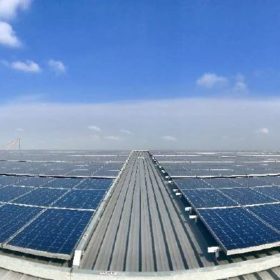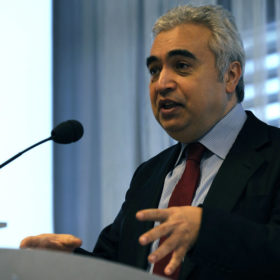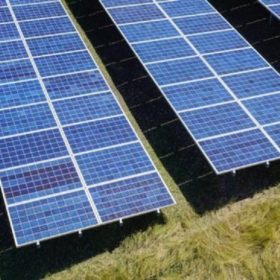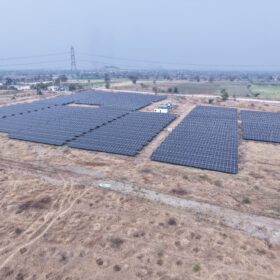NTPC gets 500 MW solar project management contract from Mali
After a 285 MW award from Togo, this is the second such overseas contract for the state-owned power producer which aims to anchor 10 GW of solar parks in ISA member countries over two years.
Financing solar projects amid the Covid-19 crisis – thinktank interview
Vaibhav Pratap Singh, senior analyst at the CEEW Centre for Energy Finance, tells pv magazine about the impact of the Covid-19 pandemic on the Indian solar sector, green finance and investment down the line.
Singapore’s Cleantech Solar secures US$75 million green loan from ING Bank
The commercial and industrial solar developer, which commands a significant share in the Indian market, will use the amount to fund rooftop PV installations for corporates across Southeast Asia.
Energy and Economy: Rewriting the Indian story for the World
India is running the world’s largest renewable energy expansion program with a mind-boggling target of 450 GW by 2030. Can the country with a growing energy demand do more than this? Can it do what developed countries should have done years ago?
India can become electric vehicle manufacturing hub within five years: Nitin Gadkari
The industry needs to cut a dependence on electric vehicle battery imports from China, according to the road transport minister, who said the government is looking to support research into alternatives to lithium-ion technology.
Andhra Pradesh allocates 57% of energy budget to ‘free power for agriculture’ scheme
The overall energy outlay of Rs 6984.73 crore for the year 2020-21 is much lower than 2019-20’s revised estimate of Rs 11,639 crore.
Supply chain concerns will drive EV battery recycling policies
With electric vehicles starting to gain traction, the International Energy Agency’s updated, ten-year e-mobility forecast has suggested geopolitical and economic concerns will trump environmental niceties when it comes to encouraging recycling. But what price ever-cheaper batteries?
Uttar Pradesh set for 2 GW ‘ultra-mega’ renewable energy park
The state cabinet has approved a 74:26 joint venture proposal by publicly-owned hydropower company THDC India and the Uttar Pradesh New and Renewable Energy Development Agency for the ambitious project.
Transmission charges waiver to renewables may be extended beyond 2022
Solar and wind projects commissioned beyond the year 2022—at least till mid of 2023—may be eligible for interstate transmission charges waiver on the electricity generated.
Azure Power Q4 revenues up 29%, but net loss at Rs 394 million
The New Delhi based developer posted a net loss of Rs 394 million (US$5.2 million) for the three-month period from January to March, mainly on account of higher charges amounting to Rs 551 million (US$ 7.3 million) that were partially offset by higher revenue.
